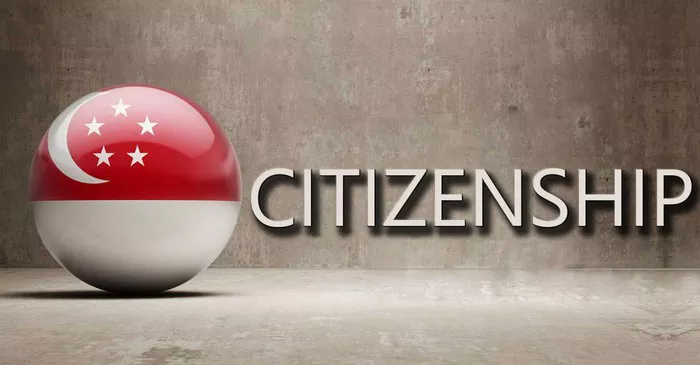Applying for Singapore citizenship is a significant decision that involves navigating through a structured application process. As one of the world’s most desirable places to live, work, and raise a family, Singapore has a rigorous yet streamlined procedure for individuals seeking to become citizens. Understanding the steps involved and the factors influencing processing time is crucial for those considering this endeavor.
Factors Influencing Processing Time
Several factors can influence the processing time of a Singapore citizenship application. These include:
1. Application Completeness: Ensuring that the application is complete and accurate is essential. Any missing or incorrect information can lead to delays as authorities may need to request additional documentation or clarification.
2. Supporting Documents: Providing all necessary supporting documents in the prescribed format is crucial. These documents typically include identification, residency history, employment records, and educational qualifications. Failure to submit these documents or providing inadequate evidence can prolong the processing time.
3. Background Checks: Singapore conducts thorough background checks on all citizenship applicants. This process involves verifying personal, employment, and financial histories. Any discrepancies or issues discovered during these checks may result in further investigation, delaying the application process.
4. Current Application Volume: The number of citizenship applications received at any given time can impact processing times. High application volumes may lead to longer waiting periods as authorities work through the backlog.
Estimated Processing Time Range
While the Singapore government does not provide specific processing timeframes for citizenship applications, the general consensus is that it can take anywhere from six months to several years to complete the process. However, it’s important to note that individual circumstances can significantly affect processing times. Some applications may be processed more quickly if they are straightforward and meet all requirements, while others may face delays due to complex backgrounds or additional scrutiny.
It’s essential for applicants to manage their expectations and understand that citizenship processing times can vary widely. Factors such as the applicant’s country of origin, residency status, and personal background can all influence the duration of the process. Additionally, changes in government policies or procedures may also impact processing times.
Tips to Expedite the Process
While the citizenship application process may seem daunting, there are several steps applicants can take to expedite the process:
1. Ensure Application Accuracy: Double-check all information provided in the application form and supporting documents to avoid any errors or discrepancies.
2. Submit Complete Documentation: Gather all required supporting documents and ensure they are submitted in the prescribed format. Providing clear and comprehensive evidence of residency, employment, and other relevant factors can help streamline the process.
3. Respond Promptly to Requests: If authorities require additional information or clarification, respond promptly to avoid unnecessary delays. Failure to respond in a timely manner may result in the application being put on hold or denied.
4. Stay Informed: Keep abreast of any updates or changes to citizenship application procedures and requirements. This can help applicants avoid common pitfalls and ensure they are providing the necessary information.
5. Seek Professional Assistance if Needed: For complex cases or applicants unsure of the requirements, seeking professional assistance from immigration consultants or lawyers can be beneficial. These experts can provide guidance and support throughout the application process.
Alternative Residency Options
For individuals who may not qualify for Singapore citizenship or prefer a faster processing time, there are alternative residency options available. One such option is permanent residency (PR), which grants individuals the right to live, work, and study in Singapore on a long-term basis.
Permanent residency offers many of the benefits of citizenship, including access to healthcare, education, and employment opportunities, without the requirement to renounce one’s original citizenship. The PR application process typically has shorter processing times compared to citizenship applications, making it an attractive option for those seeking to establish roots in Singapore.
Conclusion
In conclusion, the Singapore citizenship application process is a comprehensive and thorough procedure that requires careful attention to detail and patience. By understanding the steps involved, the factors influencing processing time, and following practical tips, applicants can increase their chances of a successful outcome. For those who may not qualify for citizenship or prefer a faster alternative, permanent residency offers a viable pathway to residency in Singapore.


